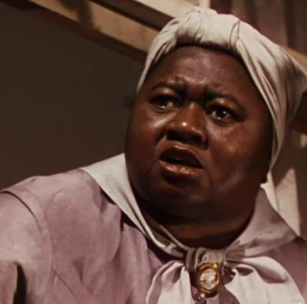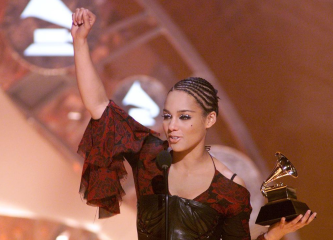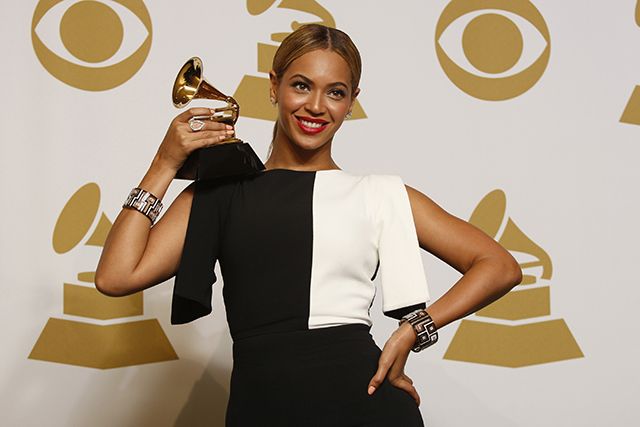
The name Hattie McDaniel is a name not many people are familiar with. She was an African American actress born on June 10, 1893 in Wichita, Kansas. Her most notable acting contribution was her role in the 1939 film, Gone with the Wind. In the film, she played the role of Mammy, a role that would later lead to a common film and television trope.
In the following year, McDaniel made history by becoming the first African American to win an Oscar. The category was best supporting actress.
It’s no secret that Black musicians and Black actors have influenced culture. Yet, they often get put into a box or ignored all together by the people voting on these awards.
Ella Fitzgerald, a Jazz music icon, became the first African American to win a Grammy in 1958. She took home the prize for her contributions in the best female vocal performance and best Jazz vocal performance categories.
The Grammys have a habit of suppressing Black artists. They normally win awards for categories that many might consider to be “Black music” such as Jazz, R&B and Hip-Hop. In 2020, Tyler, the Creator won his first Grammy for his album Igor. He won in the category of best Rap album, and then reflected on the conflicted feelings he had about this win in an interview.
“It sucks that whenever we, and I mean guys that look like me, do anything that’s genre-bending or that’s anything they always put it in a Rap or Urban category. I don’t like that urban word, it’s just a politically correct way to say the n-word to me,” Tyler said in a televised post-Grammy interview.
Tyler’s criticism of how the Grammys categorize Black artists is a view that many have had for a while. Armani Parker, president of the Black Student Union, is of the same mindset.
“Some people in the Grammys would rather see us be separated,” Parker said. “Most people would rather see our downfall instead of us being successful.”
For many Black artists, those Urban categories will be the only way they can win that award. However, there are many Black artists who make music in different genres. Music award shows like the Grammys often fail to recognize them.
“When I hear that, I’m just like why can’t we be in Pop? Half of me feels like the Rap nomination was just a backhanded compliment. Like, my little cousin wants to play the game. Let’s give him the unplugged controller so he can shut up and feel good about it, that’s what it felt like a bit,” Tyler said.

Throughout the history of the Grammys, there has only been ten artists to win album of the year, only two of them have been Rap albums. The first being Lauryn Hill in 1999 for her album, The Miseducation of Lauryn Hill. The most recent Rap album to win the category was the Hip-Hop duo, OutKast. They won in 2004 for their album, Speakerboxxx/The Love Below.
While the Grammys is at fault for excluding Black artists, they aren’t the only award show guilty of it. The most recent example of this can be seen in the 2021 Emmys.
In a show that had a record number of diverse nominees, not a single person of color won an award for an acting category. The winners were completely white-washed in the perspectives of many.
It’s true that award shows are attempting to be more diverse with their nominees, but still not allowing Black artists, actors and other people of color to win awards they deserve at times is blocking this attempt.
“They need to be more diverse, I am emphasizing this,” Parker puts simply. “Some people scream all about equality and how they stand, but they don’t show it. That is performative activism.”
In a time where Black voices are being heard more than ever, their art is still being suppressed. When consumers of Black art and artists like Tyler, the Creator call out the racism rooted award shows, they can create change. They can open the door for Black artists and actors to be recognized no matter the genre of their art.





Good article!